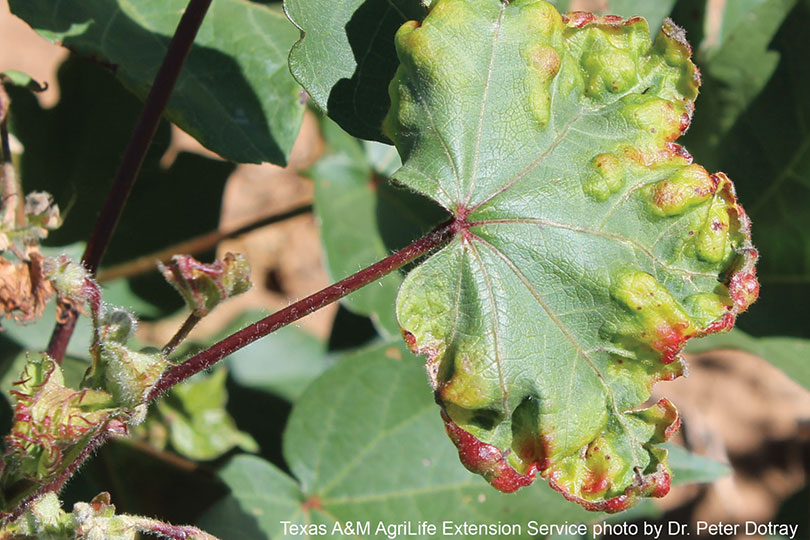By Jessica Domel
Multimedia Reporter
Reports of crop damage in several states has prompted the Environmental Protection Agency (EPA) to weigh additional restrictions or a ban on products containing the popular herbicide dicamba.
In recent calls with several state officials, EPA discussed a deadline for use of dicamba products next spring or early summer, Reuters reports.
A formal decision has not yet been made, but officials from Arkansas, Missouri, Illinois, Iowa and North Dakota are reportedly pressuring EPA to decide soon so farmers can continue to make planting decisions.
Over the summer, reports of damage prompted bans and restrictions on dicamba use in Tennessee, Missouri and Arkansas.
Last year, misuse of the product, caused the destruction or damage to more than 40,000 acres of crops in Tennessee. As a result, the department of agriculture there stepped up its educational and outreach on dicamba use.
Complaints persisted this year, according to the Tennessee Department of Agriculture (TDA), so officials filed an emergency rule restricting dicamba use.
“Our approach will offer protection to those who stand to be negatively impacted by off-target movement of dicamba, while also allowing those farmers who have invested in products designed for their crops to continue to use the appropriate herbicides responsibly,” Jai Templeton, Tennessee Commissioner of Agriculture, said.
The rules, which only apply to dicamba products purchased for agricultural use, remain in effect through Oct. 1.
Just six days after the Missouri Department of Agriculture (MDA) issued a statewide ban on dicamba, Missouri Director of Agriculture Chris Chinn lifted part of the order.
Xtendimax, Engina and FeXapan herbicides may once again be used in Missouri after a special local need label was developed and approved.
The Arkansas State Plant Board issued a rule banning the sale and use of products with dicamba July 11.
The rule—which does not apply to lawns, gardens, turf, pasture and rangeland—remains in effect for 120 days or until lifted by the board.
After the Arkansas ban was enacted, Monsanto said they are concerned about the reports of potential crop injury.
“We sympathize with any farmers experiencing crop injury, but the decision to ban dicamba in Arkansas was premature since the causes of any crop injury have not been fully investigated. While we do not sell dicamba products in Arkansas, we are concerned this abrupt decision in the middle of a growing season will negatively impact many farmers in Arkansas,” the statement said.
Monsanto strongly encouraged farmers using dicamba in other states to let their voice be heard.
“Share how important this tool is to your farm and how you are using it responsibly. We have heard those stories. To ensure your continued access to dicamba products, make sure your elected officials and relevant agencies hear those stories, too,” the statement said.
In Texas, there were seven complaints of dicamba drift in fiscal year 2016.
So far for fiscal year 2017, there have been four complaints of drift.
Dicamba is a broad spectrum herbicide.
Monsanto, BASF and DowDuPont are among agricultural manufactuers who use the herbicide in their products like Diablo, Banvel and Vanquish.
It’s also common in commercial and personal weed control products.
Farmers and at-home users are encouraged to read and follow label directions when applying any herbicide or pesticide.

